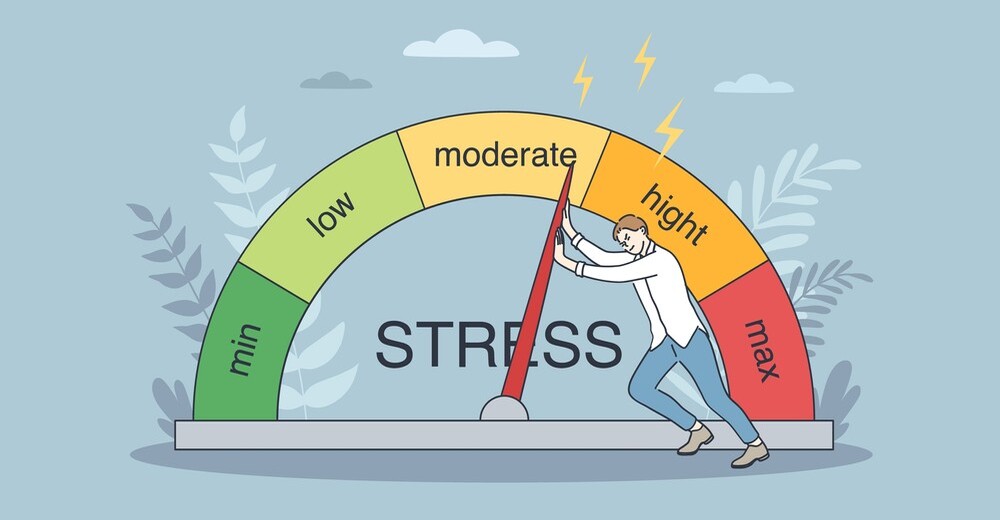Binge eating can feel like a setback, but it doesn’t have to derail your wellness journey. Whether it’s overindulging during a holiday, stress-eating, or losing track during a social event, rebuilding healthy habits after a binge is entirely achievable. This guide offers practical, actionable steps to help you reset, recover, and recommit to your goals with confidence.
Understanding the Binge: A Moment, Not a Failure
A binge is often a temporary lapse, not a reflection of your overall progress. It’s common to feel guilt or frustration, but these emotions can hinder your ability to move forward. Instead, approach the situation with self-compassion. Acknowledging the binge without judgment allows you to focus on rebuilding healthy habits rather than dwelling on the past.
Research suggests that occasional overeating doesn’t significantly impact long-term health goals if addressed promptly. The key is to avoid the “all-or-nothing” mindset and take small, consistent steps to regain control.
Step 1: Reflect and Reset Your Mindset
Before diving into action, take a moment to reflect. Ask yourself: What triggered the binge? Was it stress, boredom, or a lack of planning? Identifying the root cause helps you address underlying issues and prevent future slip-ups.
To reset your mindset:
- Practice self-compassion: Remind yourself that everyone has off days. Write down three things you’ve done well recently to shift your focus to your strengths.
- Set a clear intention: Define what “healthy” means to you, whether it’s balanced eating, regular exercise, or better sleep. This clarity will guide your efforts to rebuild healthy habits.
- Avoid restrictive measures: Starving yourself or over-exercising to “make up” for a binge can lead to a cycle of unhealthy behaviors. Aim for balance instead.
Step 2: Hydrate and Nourish Your Body
After a binge, your body craves hydration and nutrient-dense foods to restore balance. Start your day with a glass of water to kickstart digestion and reduce bloating. If you feel sluggish, incorporate foods rich in fiber, protein, and healthy fats to stabilize blood sugar and energy levels.
Try these nourishing choices:
- Breakfast: A smoothie with spinach, berries, Greek yogurt, and a tablespoon of chia seeds.
- Lunch: A colorful salad with grilled chicken, avocado, and a light vinaigrette.
- Snacks: Fresh fruit, a handful of nuts, or sliced veggies with hummus.
Avoid skipping meals, as this can trigger cravings and another binge. Instead, focus on portion control and mindful eating to rebuild healthy habits naturally.
Step 3: Reintroduce Structure with Meal Planning
A lack of structure often contributes to binges, so creating a simple meal plan can help you stay on track. Planning meals in advance reduces decision fatigue and ensures you have healthy options readily available.
Here’s how to start:
- Plan for balance: Include a mix of lean proteins, whole grains, vegetables, and healthy fats in each meal.
- Prep in advance: Batch-cook grains, chop vegetables, or portion out snacks to make healthy choices convenient.
- Allow flexibility: Include one or two “fun” foods each week, like dark chocolate or a small treat, to prevent feelings of deprivation.
By establishing a routine, you’ll rebuild healthy habits that feel sustainable rather than restrictive.
Step 4: Move Your Body Mindfully
Exercise can help you feel energized and reconnect with your body, but don’t use it as punishment for a binge. Opt for activities you enjoy, whether it’s a brisk walk, yoga, or a dance class. Movement boosts endorphins, reduces stress, and supports your efforts to rebuild healthy habits.
Aim for:
- 30 minutes daily: Even light activity, like stretching or gardening, counts.
- Variety: Mix cardio, strength training, and flexibility exercises to keep things interesting.
- Rest when needed: Overexertion can lead to burnout, so listen to your body’s cues.
Step 5: Prioritize Sleep and Stress Management
Poor sleep and high stress are common binge triggers. Lack of rest disrupts hunger hormones, while stress can lead to emotional eating. To rebuild healthy habits, make sleep and stress management non-negotiable parts of your routine.
Try these strategies:
- Set a sleep schedule: Aim for 7-9 hours of quality sleep by maintaining a consistent bedtime.
- Practice relaxation techniques: Meditation, deep breathing, or journaling for 5-10 minutes daily can reduce stress.
- Limit screen time: Avoid screens an hour before bed to improve sleep quality.
By addressing these factors, you’ll create a strong foundation for long-term habit-building.
Step 6: Track Progress and Celebrate Small Wins
Tracking your progress keeps you motivated and reinforces your commitment to rebuilding healthy habits. Use a journal, app, or habit tracker to log your meals, exercise, sleep, and mood. Celebrate small victories, like choosing a healthy snack or completing a workout, to stay encouraged.
To make tracking effective:
- Focus on consistency, not perfection: Aim for progress over time, not flawless execution.
- Adjust as needed: If a habit isn’t working, tweak it rather than abandoning your plan.
- Reward yourself: Treat yourself to non-food rewards, like a new book or a relaxing bath, for hitting milestones.
Avoiding Future Binges: Long-Term Strategies
To maintain your newly rebuilt habits, adopt strategies that prevent binges from recurring. These include:
- Mindful eating: Pay attention to hunger and fullness cues, and eat without distractions.
- Build a support system: Share your goals with friends, family, or a professional, like a dietitian or therapist.
- Stay prepared: Keep healthy snacks on hand and plan for challenging situations, like parties or travel.
Conclusion: Rebuilding for Lasting Change
Rebuilding healthy habits after a binge is about progress, not perfection. By reflecting on triggers, nourishing your body, and creating sustainable routines, you can recover quickly and stay on track. Embrace each step as an opportunity to grow stronger in your wellness journey. With consistency and self-compassion, you’ll not only rebuild healthy habits but also cultivate a healthier relationship with food and yourself.
Start today with one small action—whether it’s drinking a glass of water or planning tomorrow’s meals—and watch how quickly you regain momentum.


